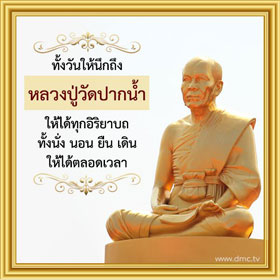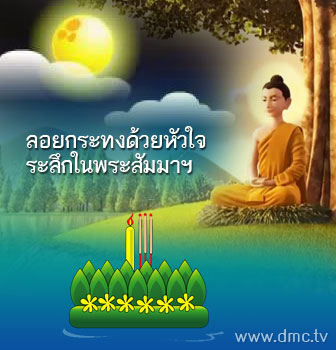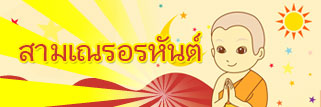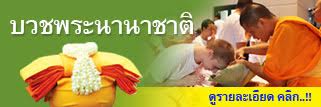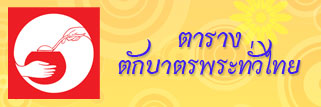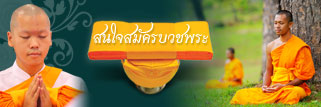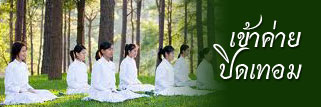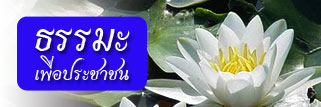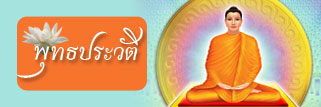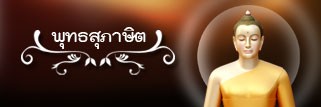Blessing Nine:
Artfulness in Usage
A. INTRODUCTION
A.1 Place of Blessing Nine in the order of things
The Seventh Blessing concerned artfulness in knowledge. We should be enthusiastic about finding any new knowledge either in spiritual or worldly ways as long as it doesn’t have any negative implications for the human dignity of ourselves, others or society in general. Once you can avail yourself of such knowledge, then it is a blessing in itself.
The Eighth Blessing concerned artfulness in the application of knowledge or “artfulness in learning skills”. We should be enthusiastic about learning any new skills either in spiritual or worldly ways as long as they don’t have any negative implications for the human dignity of ourselves, others or society in general. Once you can avail yourself of such skills, then it is also a blessing in itself.
Already mooted in the previous two Blessings has been the difficulty of knowing whether the knowledge or skill we are learning has any negative implications for the human dignity of ourselves, others or society in general. The purpose of the Ninth Blessing is to give us the guidelines we need — to allow us to judge our own behaviour in action and word, so that the way we use our intellectual resources and craftsmanship bring no detriment to society around us or to our spiritual furtherment.
A.2 Objectives of studying ‘Artfulness in Usage’
In our consideration of the value of artfulness in usage towards human dignity, we must always consider three levels of description: our own personal human dignity, the human dignity of others and the dignity of the whole economic system in society. Being disciplined or being “artful in usage” has benefits on three levels:
1. Personal Level: Being disciplined protects and furthers one’s own human dignity by protecting our health from self-induced illness, reducing possible obstacles in our spiritual vocation (especially those arising from unintentional blunders with the “defilements of action” [kammakilesa] and allowing us to develop our level of virtue from mere “discipline” [vinaya] to “selfdiscipline” [sīla] which is the foundation for the subsequent development of meditation [samādhi] and wisdom [paññā]. It is said that being disciplined is the one major difference between humans and savages — thus by preserving our level of discipline we protect ourselves from decline into savagery;
2. Interpersonal Level: Being disciplined protects and furthers others’ human dignity by stopping people taking advantage of each other.
3. Social Level: Being disciplined protects and furthers the humanity of the fair economics in our society by promoting compliance with the law and general harmony for society.
Of course it is an advantage for the reader to know about artfulness in usage (or more briefly “discipline”) and how to acquire it — but it is not until you become a disciplined person that you will really start to gain benefit from this Blessing.
A.3 Knowing where to draw the line
From person to person the intellectual resources and the level of craftsmanship may not be the same — however, the more the knowledge and skills a person has, the more potential damage they can do to themselves, others and society if they have no ethical discretion about how to use that knowledge and skill. Thus it is vitally important that everyone has “virtue” to go hand-in-hand with their knowledge — specifically the virtue to know the negative implications of any deeds they may do or words they may say. In society in general, we tend to think that if what we do or say is not illegal then it is acceptable to our human dignity — however, the Law is really only a very loose guideline for what should or should not be done in society. To give a firm example, if a person can perpetrate a murder, but has no witnesses, he cannot be prosecuted in a court of law. Furthermore, the Law from country to country is different — does this mean that the ethics can also be localized? In some countries, the Law might even be undemocratic — so the Law alone doesn’t give us sufficient guidelines for the preservation of human dignity at any of the levels of description. More detailed guidelines were provided by the Buddha in the form of a checklist of four items to be considered in order from the first to the last:
1. The Five Precepts: Does the action or speech contradict break the Five Precepts 1. killing; 2. stealing; 3. adultery; 4. telling lies, and; 5. drinking alcohol (see below) — i.e. the baseline of humane behaviour? This form of discipline is spiritual discipline, concerning our quality of mind and the quality of mind of those who share society with us. We find that these Five Precepts are at the heart of codes of discipline of many different religions, whether it be the Christian Ten Commandments, Islamic law, the 16 rules of Hindu conduct.
2. The Five Virtues: Does the action or speech contradict the Five Virtues [pañcadhamma] of 1. compassion; 2. right-livelihood; 3. sexual-restraint; 4. truthfulness, and; 5. awareness? — see Blessing Sixteen. This form of discipline is spiritual discipline, concerning our quality of mind and the quality of mind of those who share society with us.
3. Local Law: Does the action or speech contradict the local law? This form of discipline is worldly or material discipline, concerning our quality of life and the quality of life of those who share society with us.
4. Local Custom: Does the action or speech contradict the local custom? This form of discipline is worldly or material discipline and concerns social harmony and solidarity. Thus if an action goes against the Five Precepts, even if it doesn’t break the Law, it should not be done. Also, even if it doesn’t break the law not to do something, but omitting to do something goes against the local custom, perhaps this is a good reason to comply, at least for harmony on the local level (but of course, it should not break the Five Precepts).
Thus if an action goes against the Five Precepts, even if it doesn’t break the Law, it should not be done. Also, even if it doesn’t break the law not to do something, but omitting to do something goes against the local custom, perhaps this is a good reason to comply, at least for harmony on the local level (but of course, it should not break the Five Precepts).

http://goo.gl/0UOy0








 พิมพ์บทความนี้
พิมพ์บทความนี้
